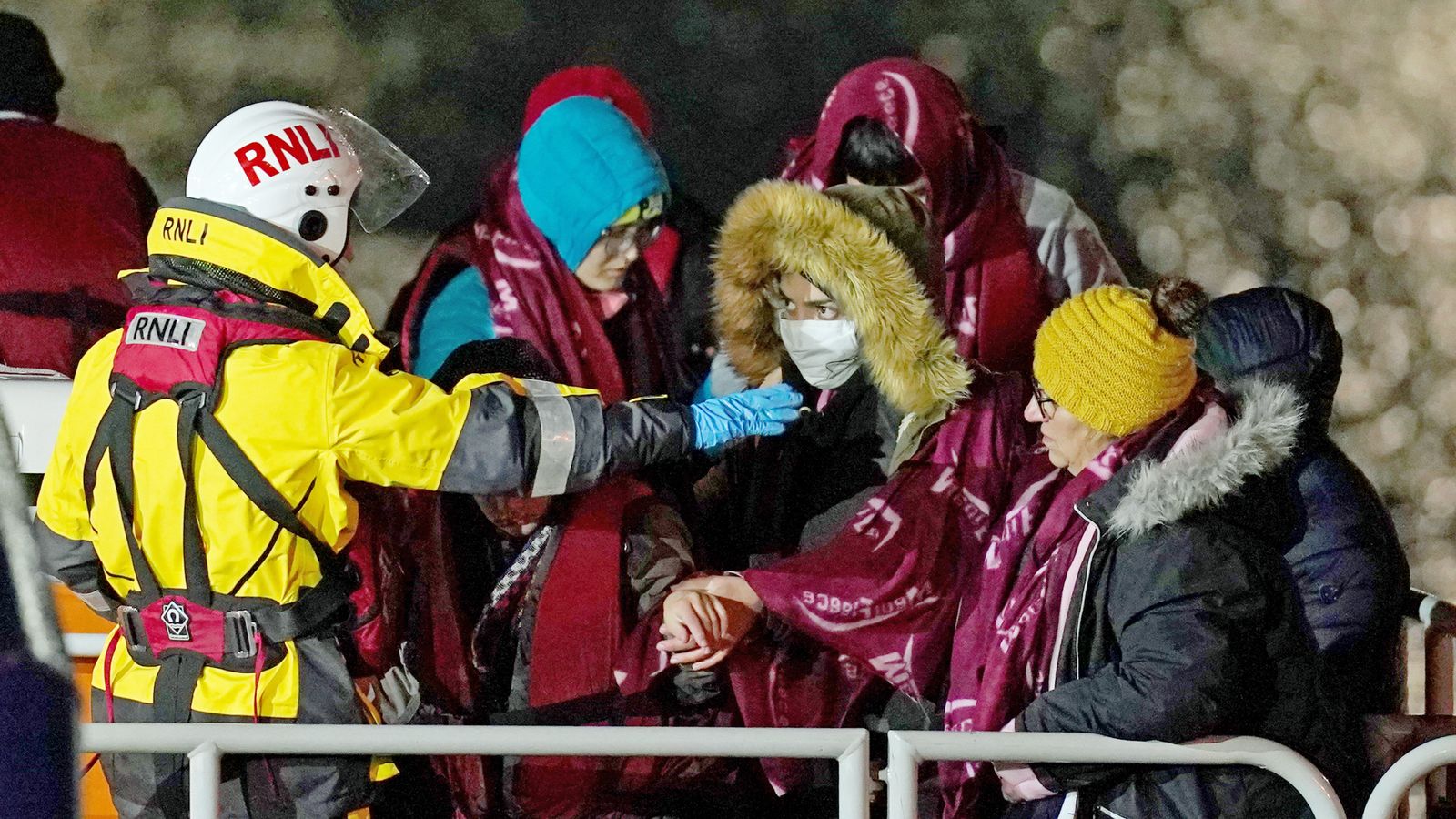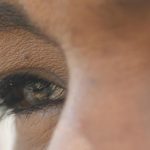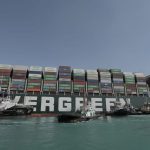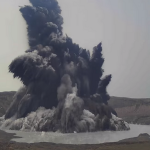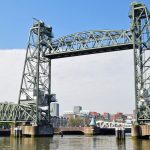More migrants have made the dangerous journey across the Channel today, less than 24 hours after 27 people died when their boat capsized off the coast of Calais.
A group wearing life jackets and wrapped in blankets were seen huddled together on board a RNLI lifeboat before disembarking in Dover on Thursday morning.
It comes as a minister said authorities had made “progress” in stopping crossings.
Steve Barclay, the Cabinet Office minister drafted in to oversee the government effort to respond to the crossings issue, said 20,000 journeys have been stopped in 2021 but the UK would continue to work with the French to prevent further tragedies.
Yesterday saw the deadliest ever day of the current migrant situation.
The dead were said to include five women and a girl, while two survivors were picked up and are being treated in a French hospital. One of the dead women was later reported to have been pregnant.
Channel deaths: ‘A dreadful shock but not a surprise’ – Priti Patel says ‘no quick fix’ to stopping migrant crossings after 27 die
Channel deaths: Ministers know this is a crisis, but there’s no quick fix for making crossings ‘unviable’
Your questions answered on how Channel tragedy happened, why people try to reach the UK, and what can be done to stop more deaths
Yet it appears those looking to claim asylum in the UK haven’t been put off.
Sky’s Europe correspondent Adam Parsons was at Calais rail station this morning where about 60 migrants were transferred on to buses, helped by charity workers and guarded by a substantial police presence.
Please use Chrome browser for a more accessible video player
Some of them wore life jackets, many were wet and muddy – the tell-tale signs of those who have tried, and failed, to cross the Channel.
When asked: “Have these deaths changed your mind about getting to Britain?” one man replied, “No, no”.
Boris Johnson called on France to agree to joint police patrols along the French Channel coast, while French politicians pointed the finger at UK authorities for failing to tackle the issue, which figures show is worsening substantially.
More than 25,700 people have made the dangerous journey to the UK in small boats this year – three times the total for the whole of 2020, according to data compiled by the PA news agency.
Figures released by the Home Office on Thursday showed that more than 37,500 asylum claims were made in the UK in the year to September, which is the highest level for nearly 20 years.
Pierre-Henri Dumont, the MP for Calais, rejected the prime minister’s proposal as a “crazy solution” that “will not change anything” along the vast shoreline.
Mr Johnson spoke to President Emmanuel Macron on Wednesday evening in the wake of the tragedy.
Downing Street said the two men had agreed to “keep all options on the table” in their efforts to break up the human trafficking gangs responsible for putting desperate people at risk in one of the world’s busiest sea lanes.
French authorities have arrested five suspected people traffickers in connection with the deaths, while the regional prosecutor has opened an investigation into aggravated manslaughter.
Following a meeting of the Cobra emergencies committee, Mr Johnson said it is clear that French operations to stop the migrant boats leaving “haven’t been enough” despite £54 million of UK support, adding that the people traffickers are “literally getting away with murder”.
Please use Chrome browser for a more accessible video player
However, Calais mayor Natacha Bouchart said it is the British who are to blame and called on Mr Johnson to “face up to his responsibilities”.
“The British government is to blame. I believe that Boris Johnson has, for the past year and a half, cynically chosen to blame France,” she said, according to French media reports.
Follow the Daily podcast on Apple Podcasts, Google Podcasts, Spotify, Spreaker
Responding to today’s immigration statistics, a government spokesperson said: “These statistics demonstrate the complex scale of the global migration crisis.
“A significant proportion of asylum claims in the last year should have been made in a first safe country, rather than people risking their lives making dangerous crossings, facilitated by people smugglers.
“Yesterday’s tragedy serves as the starkest possible reminder of the dangers of this.”
